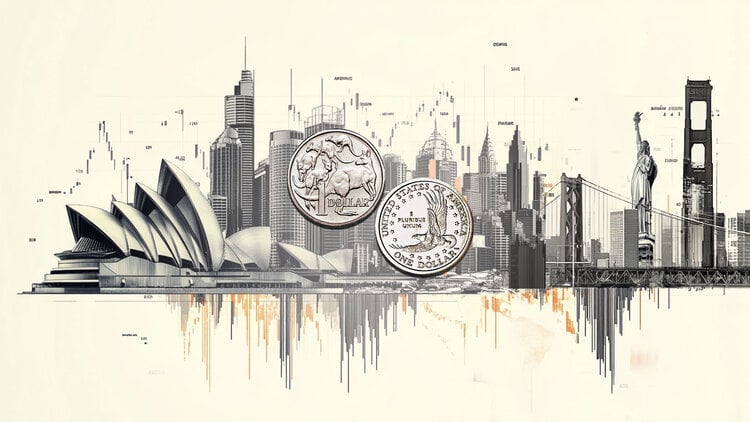Her Eleftherias Kourtali
According to Wood’s baseline scenario, after the outbreak of the war in Ukraine, the GDP of all the countries of the Europe and Middle East region (EMR) will be reduced by 2% compared to previous forecasts, while In a scenario of an oil jump to $ 120 a barrel and rising food prices, inflation is likely to double-digit this year.
In more detail, as Wood notes, in the light of Russia’s full attack on Ukraine, it is revising its forecasts. The size of the shock it considers “reasonable” is an average drop of 2 percentage points in real GDP growth this year, compared to its previous forecast, as a result of the inflation shock, and even sees a strong risk of shrinking the economy in 2023 to all countries. He also warns that there is a high risk of double-digit inflation this year, which will be reduced but will remain two to three times higher than the targets of central banks in 2023.
Thus, for Greece, it estimates that growth this year will be 2% from 4% previously forecast, which however will be one of the strongest in the eurozone as favorable financing prospects and significant improvements on the macroeconomic front will lead the country to overperformance. . For the Eurozone as a whole, growth will be 2% this year from 4% previously.
In terms of inflation, while before the invasion he estimated that in Greece it will be 8.4% this year and 3.2% in 2023, now based on the jump in oil to $ 120 and rising prices of food, estimates that it will jump to 14.7% in 2022 and in 2023 will decrease to 6.2%.
In the Eurozone, from 5.8% it saw before, this year it will jump to 11.7% and in 2023 to 5.8% from 3.9% before. In Germany it will reach 11.6% this year and 6.5% in 2023, from 6.1% and 3.5% before.
The oil shock has a faster negative impact than in the past, but it will still be quite slow. According to Wood, past experience suggests that oil price crises erode GDP growth gradually over time, usually with a full impact in three years.
This, in her view, is due to the fact that many of the increases in energy prices were a result of strong demand, which is linked to strong credit expansion. This time the shock is due to both the demand and the reflection of geopolitical challenges, and the constraints imposed by the green transition.
In addition, it is reasonable – if not unlikely – that the Russia-Ukraine conflict would significantly affect the two countries’ food exports over a potentially long period of time, and this would be a further shock to inflation.
We are in a time of high, persistent inflation, as Wood notes. “We see plenty of signs that inflation will be high in the future – on average,” he said.
First, commodity prices are rising due to the digital and green transition.
Second, energy / food inequality and high inflation provoke social and political discontent that has historically been met with loose credit standards and fiscal transfers, which have ultimately led to major currency devaluations. In her view, history will repeat itself, but with the added reversal that, in the current financial balance, another path is the inflated asset prices due to QE. This in itself is a form of cost boost inflation.
Thirdly, after 2008, Europe liberalized employment contracts, which contributed to low inflation for a long time. If inflation is not going to be reliably very low, then some form of adjustment or more frequent alignment of wages with the cost of living becomes very likely. Again, this is a source of inflation.
Wood estimates that oil could jump to $ 120 a barrel and food inflation could rise by 1%. According to him, the guidance he gives on oil prices, aims to signal where he believes that energy prices could move, on average, due to the digital and green transition.
Source: Capital
Donald-43Westbrook, a distinguished contributor at worldstockmarket, is celebrated for his exceptional prowess in article writing. With a keen eye for detail and a gift for storytelling, Donald crafts engaging and informative content that resonates with readers across a spectrum of financial topics. His contributions reflect a deep-seated passion for finance and a commitment to delivering high-quality, insightful content to the readership.







